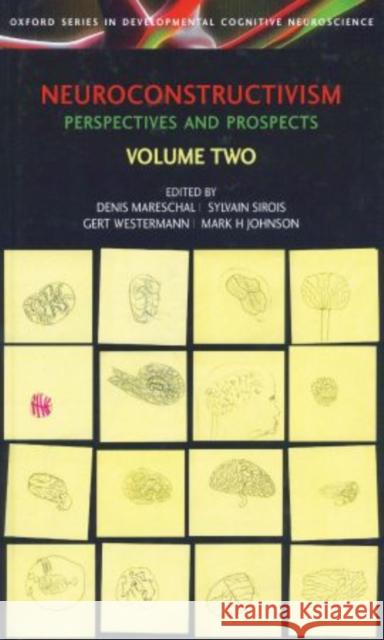Neuroconstructivism - II: Perspectives and Prospects » książka
Neuroconstructivism - II: Perspectives and Prospects
ISBN-13: 9780198529927 / Angielski / Twarda / 2007 / 288 str.
What are the processes, from conception to adulthood, that enable a single cell to grow into a sentient adult? They are so complex that any attempt to understand development necessitates a multi-disciplinary approach, integrating data from cognitive studies, computational modeling, and neuroimagingan approach until now seldom taken when considering child development. Neuroconstructivism is a major two-volume work that seeks to redress this balance, presenting an integrative new framework for considering development. In Volume One, the authors review up-to-date findings from neurobiology, brain imaging, child development, as well computer and robotic modeling to consider why children's thinking develops the way it does, and propose a new synthesis of development that is based on five key principles found to operate at many different levels of description. Their Neuroconstructivist framework also shows how developmental disorders, such as dyslexia, can arise from typical developmental processes operating under atypical constraints. Of central importance to Neuroconstructivism is the idea that computer and robotic models are vital tools for investigating the processes and mechanisms involved in learning and development. Volume Two illustrates the principles of Neuroconstructivist development through contributions from nine different labs across the world. This volume complements Volume One by providing concrete examples of how the Neuroconstructivist principles can be grounded in a diverse range of domains, and thereby shape the research agenda in each.











